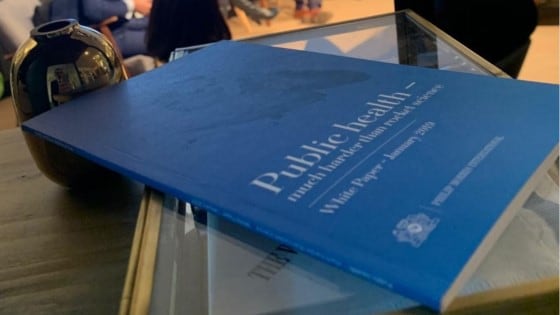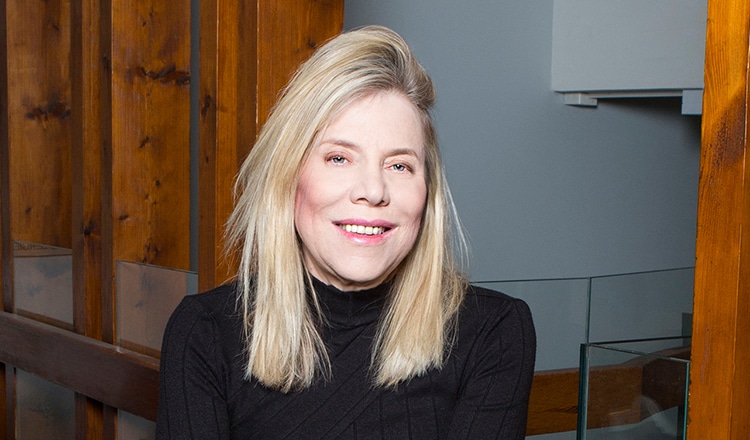At PMI, we are committed to a smoke-free future. We want to provide these billion-plus smokers with better options. Our commitment is no passing whim, but the result of many years of careful deliberation, backed up by a substantial R&D program.
Meet the crusaders of change:
Why are we doing this? Because these billion-plus smokers might include your neighbors, your friends, or your family. Measures to deter initiation and encourage cessation are fundamental. There is no disagreement there. The best option is still to quit tobacco and nicotine altogether or even better – not start. But for the large population of existing cigarettes smokers who’d otherwise continue smoking, there has to be a sensible plan.
In a world where smoking is a fact of life, we cannot simply ignore the compelling scientific evidence that demonstrates that not all forms of tobacco are equally harmful.
Read more
What matters is what the consumer is inhaling. There is a huge difference between smoke from a burning cigarette and the aerosol from a non-combustible product. It’s that burning process that creates the vast majority of the harmful and potentially harmful chemicals that are the primary causes of smoking-related diseases.
If science validates that there is a difference between products, shouldn’t the products be treated differently?
And shouldn’t the millions of men and women now smoking cigarettes know about those differences? Can you imagine the criticism that PMI would face if, at some point in the future, it was discovered that we had better options to offer smokers, but had left them in the laboratory?
Watch our videos
A need for conversation and collaboration
Yet, while our commitment to a smoke-free future is unwavering, and we are confident that we have science on our side, we cannot make this journey alone. For too long, the debate around smoking has been polarized, which has led in turn to paralysis.
Without a willingness by world leaders, governments, regulators and NGOs to look dispassionately at the scientific evidence in favor of smoke-free alternatives to continued smoking, transformative change will simply be impossible. But we take heart from the fact that, in some countries, that reality has already been recognized.
In the US and the UK, there is a growing acknowledgement that smoke-free alternatives to cigarettes can complement existing health policies focused on prevention and cessation.
At PMI, we take our wider responsibilities as a company very seriously. And we urge others, in the same spirit of seriousness, to put aside their prejudices, reflect on the role smoke-free alternatives to cigarettes can play and support us in our mission.
Those who are still in opposition should be aware that they are becoming disablers of public health solutions. They are blocking change, denying smokers these alternatives. This is a real opportunity.
We must seize it – and seize it together. The ongoing war between the anti-tobacco lobby and the industry has been going on for far too long. It’s time to call a truce and collaborate to make a smoke-free future a reality.




















